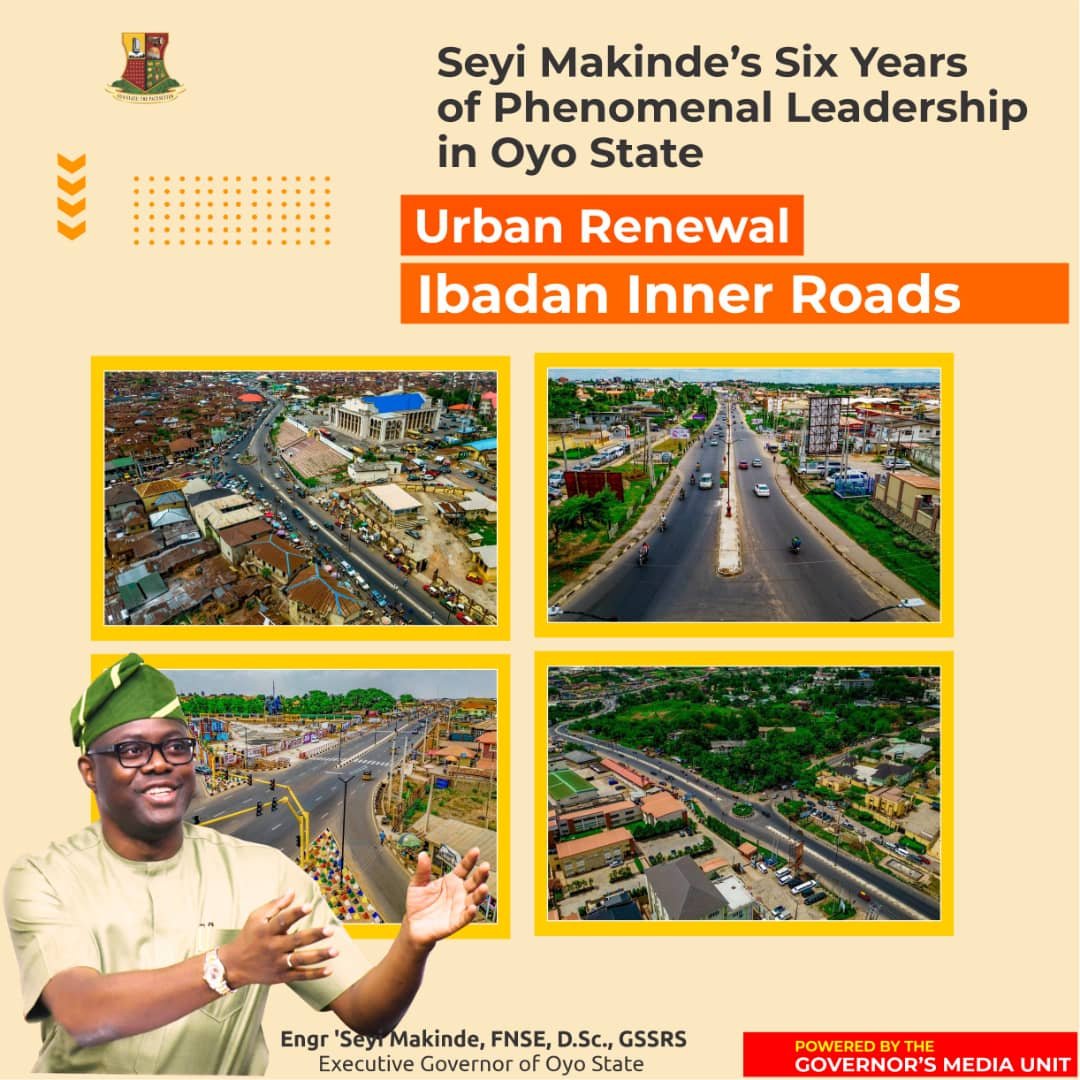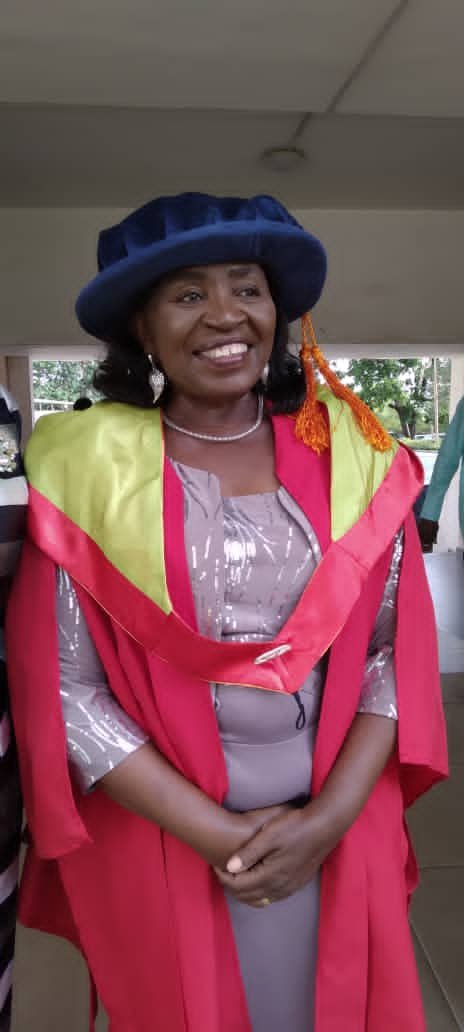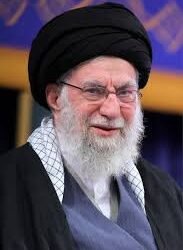Professor of Development Psychology at the University of Ibadan, Grace Adejuwon, has advised President Muhammadu Buhari to adopt a non-violent approach to solve increasing wave of youth violence across the country.
Professor Adejuwon stated this while delivering the 494th University of Ibadan Inaugural lecture entitled “Where Art Thou?”
While it is good to invest in weaponry, the renowned development psychologist advised governors and President Buhari to adopt indigenous forms of conflict settlement and engage warring groups to de-escalate violence in the country.
According to her “cultures that do not provide non-violent alternatives for resolving conflicts appear to have higher rates of youth violence.”
While reporting her research findings on youth violence in Nigeria, Professor Adejuwon stated that growing “income inequality, rapid demographic changes in the youth population, and urbanisation have all been positively linked with youth violence”
The Professor of Development Psychology, who identified many missing links in the way Nigeria is organised and governed, added that government must urgently check the growing number of out-of-school children and substance abuse prevalent in the country stating that “many predictors of violent behaviour are predictors of other problems, such as substance abuse, delinquency, school dropout, and teen pregnancy.”
She noted that broken homes and poorly managed family conflicts had contributed to juvenile delinquency and initiation of many youths into violent gangs involved in armed banditry, kidnapping, and terrorism.
“Another factor is parental conflict in early childhood, low level attachment between parents and children. For example, a mother who had her first child at an early age will have a child experiencing effect of parental separation .
“Such experience could also come from divorce. Some other factors are poor cohesion at the family level and low socioeconomic status of the family,” she said.
She asked governments at all levels to increase social support targeted at frustrated Nigerian youths who are battling unemployment and poverty, saying that provision of employment opportunities would improve their psychological being and the nurturing of non-violent youths.

























